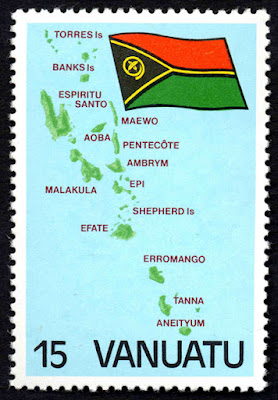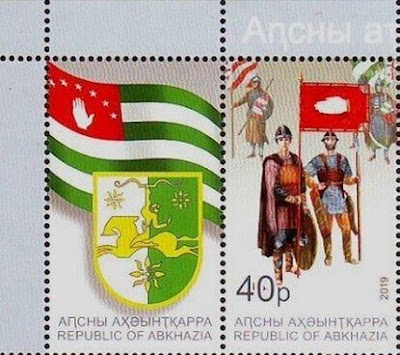K. Shankara Pillai, also known as Shankar Pillai, was an Indian cartoonist and illustrator. He was born on July 31, 1902, in Kayamkulam, Kerala, India, and passed away on December 26, 1989.
Shankar Pillai was a prominent figure in Indian political cartooning and is often considered one of the pioneers of Indian cartoon journalism. He started his career as a journalist and cartoonist in the early 1920s and gained popularity for his satirical cartoons that depicted various political and social issues of his time.
In 1948, Shankar launched "Shankar's Weekly," a widely read magazine that featured cartoons and articles on political and social matters. The magazine was known for its sharp political commentary and wit, and it became an influential platform for expressing dissent and promoting free speech.
Shankar Pillai's cartoons often touched on topics such as corruption, poverty, and the struggles of the common people. He used humor and satire to highlight the flaws and contradictions in Indian society and politics.
Besides his work as a cartoonist, Shankar Pillai was actively involved in promoting art and culture. He played a significant role in the establishment of the National Institute of Design (NID) in Ahmedabad, India.
Shankar Pillai's contributions to Indian journalism and art were recognized with several awards, including the Padma Vibhushan, India's second-highest civilian award, which he received in 1976.
His legacy continues to influence Indian cartooning and satire, and he is remembered as one of the leading figures in the field of political cartoon journalism in India.


































.jpg)






